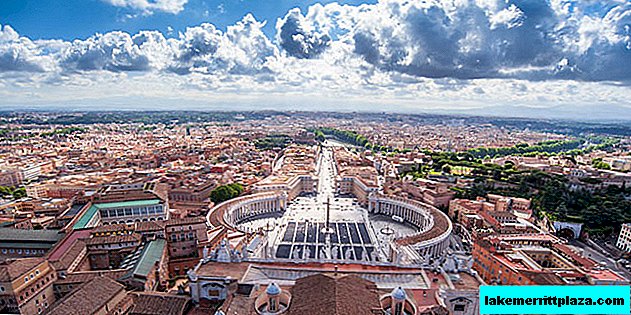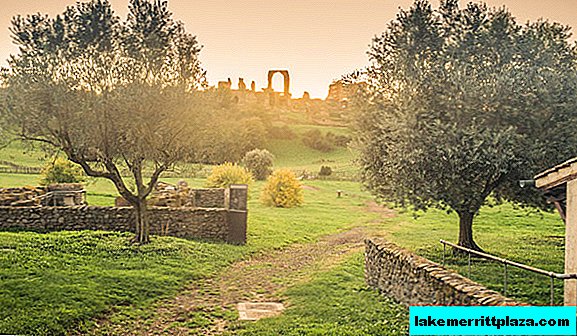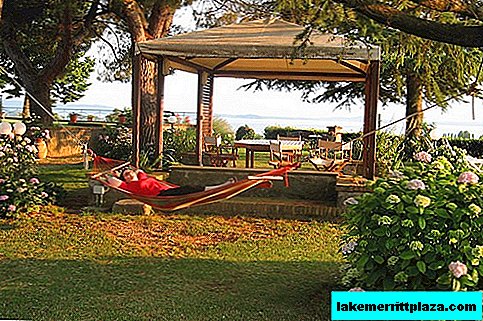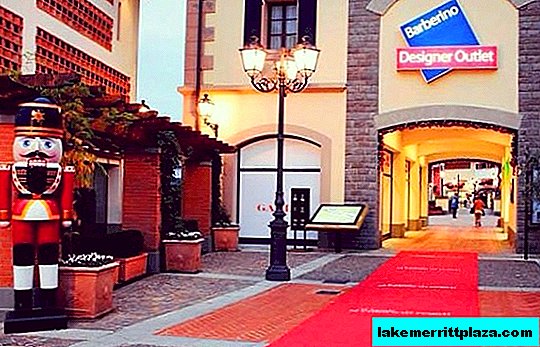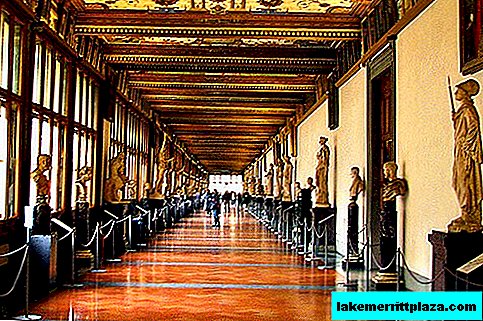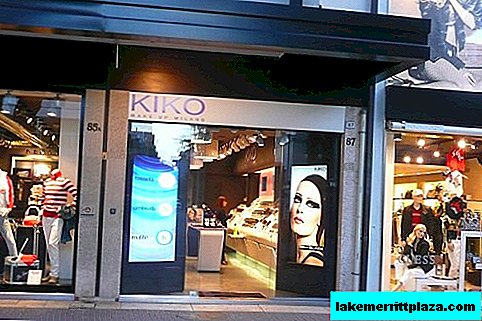Italians are bright, temperamental, sunny and cheerful people, their language is beautiful and melodic, not without reason because once all the operas were staged only in Italian. It is not surprising that Italian female names are considered the most beautiful in sound. Just listen: Arabella, Juliet, Beatrice, Marietta, Paolin - isn't it beautiful? Choosing a name for a newborn baby, Italian parents are guided by a variety of principles - some honor family traditions, others religious, and still others simply pay homage to fashion.
The origin of Italian female names
A large number of Italian female names came from the names of the saints - in their original sound or slightly modified. Some of the names appeared during the conquest of Italian lands by the Normans, Franks, Lombards, some as a result of changing male names, and several names came from the titles of their mistresses - Regina (queen), Tessa (countess), Marquise.

Recently, foreign names have become popular in Italy
At first, some names were nicknames describing the appearance or personality traits of their owners: Bianca is white, Chiara is bright, Allegra is lively and cheerful, Siserina is hairy, Elettra is bright and radiant.
Recently, foreign female names have become popular in Italy - this is due to the large influx of emigrants, as well as the names of heroes of literary or musical works, films, and famous personalities.
Italian female names and traditions
In ancient times, children were given names in honor of the saints, and now this tradition has been preserved in many families. Moreover, in different parts of the country different Italian female names were common, since each region has its own, most revered saints. But names that are not related to religion were often not perceived by society at all, they were replaced by similar ones in sound.
Another custom that seems pretty funny to foreigners is to call girls numerals. This tradition appeared in those days when families were large and parents did not bother too much with the choice of names for children, calling them simply by birth order - First, Fifth, Eighth. In fact, it is in Russian that such names seem ridiculous and ridiculous, but in Italian they sound quite harmonious - Prima, Quinta, Ottavina. But do not consider this tradition to be discrimination against women - Italian boys are called by such names no less often.

In ancient times, children were given names in honor of the saints
Sometimes italian female names may mean the day of the week on which they were born. In Italy, quite often ladies meet with the names Wednesday, Friday or Sunday. In Italian, these names sound much nicer - for example, Sunday sounds like Domenica, and Friday is pronounced Venera.
Family traditions of Italy
In Italian families there was a long tradition of giving newborn girls the names of older relatives, regardless of whether they are alive or not. The eldest daughter in the family was called the name of the paternal grandmother, the second girl - the name of the maternal grandmother, if a third daughter was born, she was given the name of the mother, the fourth and subsequent - the names of cousins or aunts. In some families of the Apennine Peninsula, this custom has been preserved to this day - babies are cautiously even called by the names of their recently deceased relatives, paying tribute to traditions and showing a reverent attitude towards family ties.

Italians have a tradition to call girls the names of older relatives
Most popular names
Last century the most popular female names in Italy were Anna, Giuseppina and Maria. Modern parents often call babies Julia, Sophia, Chiara, Martin, Aurora, Eliza and Francesca.
The name Julia means "young woman", Sofia - "wisdom", Chiara (in our opinion Svetlana) - "bright, fair-haired, clear", Martina - "warrior", Aurora - "predawn breeze", Eliza - "oath of God" Francesca is "free."
And what does the law say?
Italian law allows parents to call their daughters foreign or non-standard names, but not every name can be approved by the authorities registering new citizens of the country. If the name is too dissonant and can harm the child in the future or complicate his life in society, the registration authorities through the court may prohibit calling the child by one or another name. In addition, an adult child may change his name to another, if the given parents seem offensive or funny.


